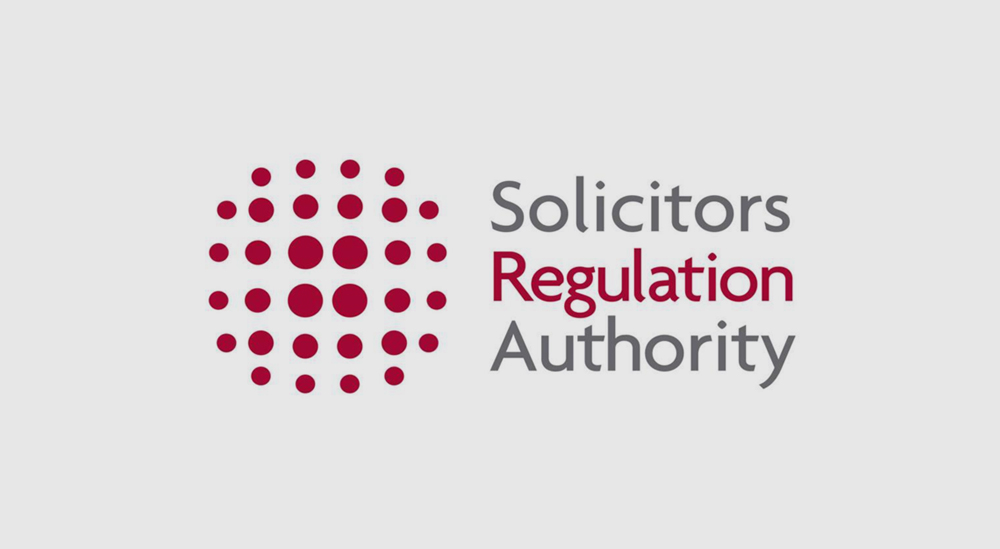Will the Solicitors Regulation Authority investigate false time recording?

The SRA Principles and SRA Code of Conduct comprise the fundamental tenets of ethical behaviour that Solicitors are expected to uphold. A solicitor must act in accordance with both the SRA Principles and the Code of Conduct.
Failure to uphold these Principles or Code of Conduct will result in an SRA investigation and possible referral to the Solicitors Disciplinary Tribunal.
In recent months, Saunders Law has seen an increase in SRA investigations into allegations of solicitors excessively time-recording on client files. This would cause concern as it could breach any or all of Principles 2, 4 and 5 as well as a breach of Paragraph 1.4 of the Code. We have set these out below for ease.
Principle 2: You act in a way that upholds public trust and confidence in the solicitors‘ profession and in legal services provided by authorised persons.
Principle 4: You act with honesty.
Principle 5: You act with integrity
Paragraph 1.4 of the Code for Solicitors: You do not mislead or attempt to mislead your clients, the court or others, either by your own acts or omissions or allowing or being complicit in the acts or omissions of others (including your client).
In the case of Solicitors Regulation Authority v Matthew Nester, case No. 12495/2023, a newly qualified solicitor who “falsely recorded time across a number of files” to show his law firm that he was meeting his billing targets, was struck off by Solicitors Disciplinary Tribunal (“SDT”).
Mr Nester admitted to breaching principles 2 and 5 but denied the allegation that he was dishonest. He stated: “that he had intended to do the work that he had recorded time for. He would have done in his own time, outside of working hours.” It was therefore his case that he was not dishonest as he was time recording in advance for work that he intended to carry out in the future.
Furthermore, his mitigation included:
“that at the time of his conduct, his home was chaotic. There was a national lockdown in Wales. His wife and 3 children were all at home. At the time he did not have a designated working space in his home and so was working in a communal area, where he was constantly disturbed by his children and his pet dog. As a result, he was unable to work efficiently and had been unable to be as productive as he ordinarily was.”
In their findings, the Tribunal considered Mr Nester’s representations commenting that:
“whilst the Tribunal did not doubt that Mr Nester intended to undertake that work on some future date, it did not accept that when creating the time records, Mr Nester genuinely believed that it was permissible to record time for work that he had not done.”
The Tribunal therefore found the allegation of dishonesty to be proven. They found that his actions of falsely time recording for tasks he had not completed, was to mislead his employer into believing that he had achieved his time recording target.
The Tribunal found that his mitigation did not amount to exceptional circumstances as set out in SRA v Sharma [2010] EWHC 2022 (Admin), and therefore the appropriate sanction was to strike Mr Nester off the roll.
Of course, should a disciplinary investigation take place then any solicitor who misleads their employer might also be accused of breaching Principle 4, the duty to act honestly. In this way, the employment law process and correspondence may well become factually relevant.
If you are being investigation by the SRA for over time recording on client matters or have been referred to the Solicitors Disciplinary Tribunal, get in touch with our Regulatory department to discuss how we can assist.